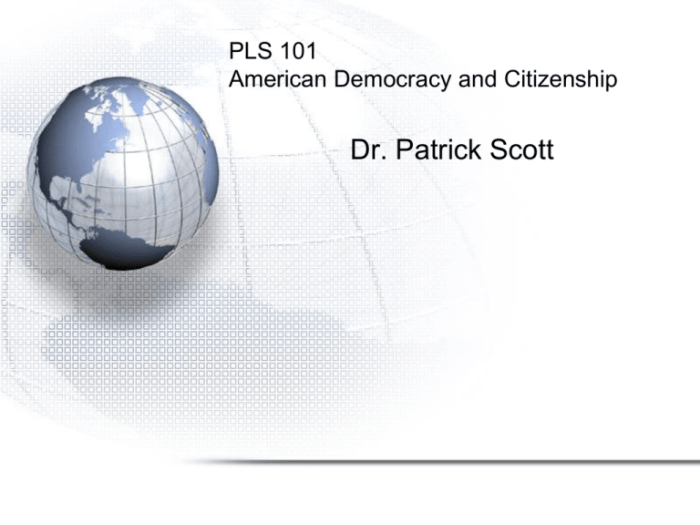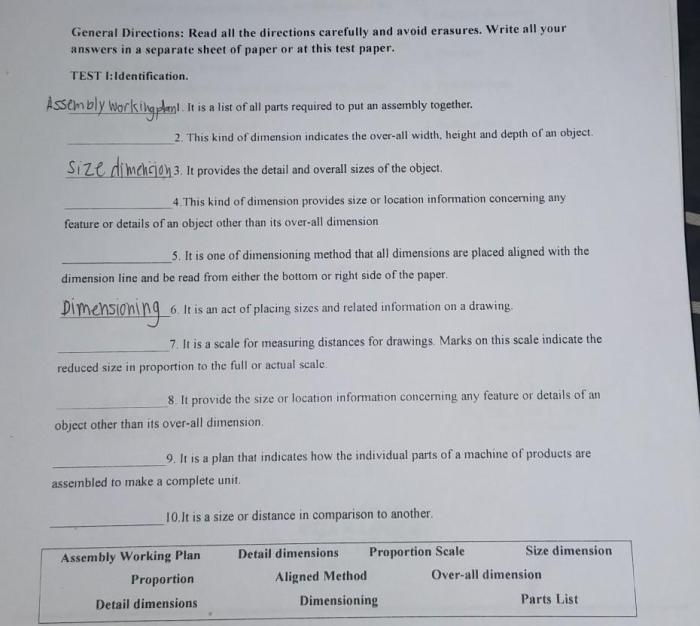Pls 101 kaatz exam ii flashcards chapter qui – PLS 101 Kaatz Exam II Flashcards: Chapter Qui: Understanding Political Ideologies is an in-depth exploration of the fundamental concepts, historical development, and contemporary applications of political ideologies. This chapter provides a comprehensive overview of the major political ideologies, including liberalism, conservatism, socialism, and fascism, analyzing their key principles, values, and goals.
Through a detailed examination of the historical origins and evolution of these ideologies, the chapter traces the influence of key thinkers and events on their development. It also discusses the impact of social, economic, and political factors on the formation of ideologies.
Course Overview: Pls 101 Kaatz Exam Ii Flashcards Chapter Qui
PLS 101 is an introductory course to political ideologies. The course examines the major political ideologies, including liberalism, conservatism, socialism, and fascism. Students will learn the key principles, values, and goals of each ideology, as well as their historical development and contemporary applications.
The course is divided into five modules. The first module provides an overview of the course and introduces the concept of political ideology. The second module examines the major political ideologies. The third module traces the historical development of political ideologies.
The fourth module examines the contemporary applications of political ideologies. The fifth module critically evaluates the strengths and weaknesses of different political ideologies.
Learning Objectives
- Define political ideology and explain its significance.
- Discuss the major political ideologies, including liberalism, conservatism, socialism, and fascism.
- Analyze the key principles, values, and goals of each ideology.
- Trace the historical origins and evolution of political ideologies.
- Explain the influence of key thinkers and events on the development of these ideologies.
- Discuss the impact of social, economic, and political factors on the formation of ideologies.
- Examine the role of political ideologies in shaping political discourse and policy-making.
- Analyze the influence of ideologies on political parties, interest groups, and social movements.
- Discuss the challenges and opportunities for applying ideologies in contemporary politics.
- Evaluate the strengths and weaknesses of different political ideologies.
- Discuss the potential benefits and drawbacks of each ideology.
- Analyze the ethical implications of implementing ideological principles in practice.
Chapter Qui: Understanding Political Ideologies

Political ideology is a set of beliefs about how society should be organized. It encompasses a person’s beliefs about the role of government, the economy, and social justice. Political ideologies can be used to understand and explain political behavior, as well as to predict future political outcomes.
Major Political Ideologies, Pls 101 kaatz exam ii flashcards chapter qui
- Liberalism: Liberalism is a political ideology that emphasizes the importance of individual liberty, equality, and democracy. Liberals believe that the government should play a limited role in the economy and that individuals should be free to pursue their own interests.
- Conservatism: Conservatism is a political ideology that emphasizes the importance of tradition, order, and stability. Conservatives believe that the government should play a strong role in preserving traditional values and institutions.
- Socialism: Socialism is a political ideology that emphasizes the importance of social equality. Socialists believe that the government should play a major role in providing for the needs of its citizens.
- Fascism: Fascism is a political ideology that emphasizes the importance of national unity and strength. Fascists believe that the government should have absolute power and that individuals should be subordinate to the state.
Historical Development of Political Ideologies

Political ideologies have evolved over time in response to changing social, economic, and political conditions. The first major political ideology was liberalism, which emerged in the 17th century. Liberalism was a reaction to the absolutism of the monarchy and the divine right of kings.
Liberals argued that all individuals are equal and that they should have the right to life, liberty, and property.
Conservatism emerged in the 18th century as a reaction to the French Revolution. Conservatives argued that the French Revolution had gone too far and that it had led to chaos and disorder. Conservatives believe that the government should play a strong role in preserving traditional values and institutions.
Socialism emerged in the 19th century as a reaction to the Industrial Revolution. Socialists argued that the Industrial Revolution had led to the exploitation of the working class. Socialists believe that the government should play a major role in providing for the needs of its citizens.
Fascism emerged in the 20th century as a reaction to the rise of communism. Fascists argued that communism was a threat to national unity and strength. Fascists believe that the government should have absolute power and that individuals should be subordinate to the state.
Contemporary Applications of Political Ideologies

Political ideologies continue to play an important role in contemporary politics. They shape the political discourse, the policies that are enacted, and the way that people think about the world. For example, liberalism has been a major influence on the development of democracy and human rights.
Conservatism has been a major influence on the development of the welfare state. Socialism has been a major influence on the development of social justice movements. Fascism has been a major influence on the development of authoritarian regimes.
Critical Evaluation of Political Ideologies

No political ideology is perfect. Each ideology has its own strengths and weaknesses. Liberals argue that liberalism is the best way to protect individual liberty and equality. Conservatives argue that conservatism is the best way to preserve traditional values and institutions.
Socialists argue that socialism is the best way to achieve social justice. Fascists argue that fascism is the best way to achieve national unity and strength.
Ultimately, the best political ideology is the one that best meets the needs of a particular society. There is no one-size-fits-all solution. The best way to choose a political ideology is to learn about the different ideologies and to decide which one best aligns with your own values and beliefs.
Helpful Answers
What is the purpose of PLS 101?
PLS 101 aims to provide students with a foundational understanding of political science, including the study of political ideologies, institutions, and processes.
What are the key principles of liberalism?
Liberalism emphasizes individual rights, limited government, free markets, and social equality.
How did fascism emerge as a political ideology?
Fascism emerged in the early 20th century as a response to social and economic instability, characterized by extreme nationalism, authoritarianism, and the suppression of individual rights.